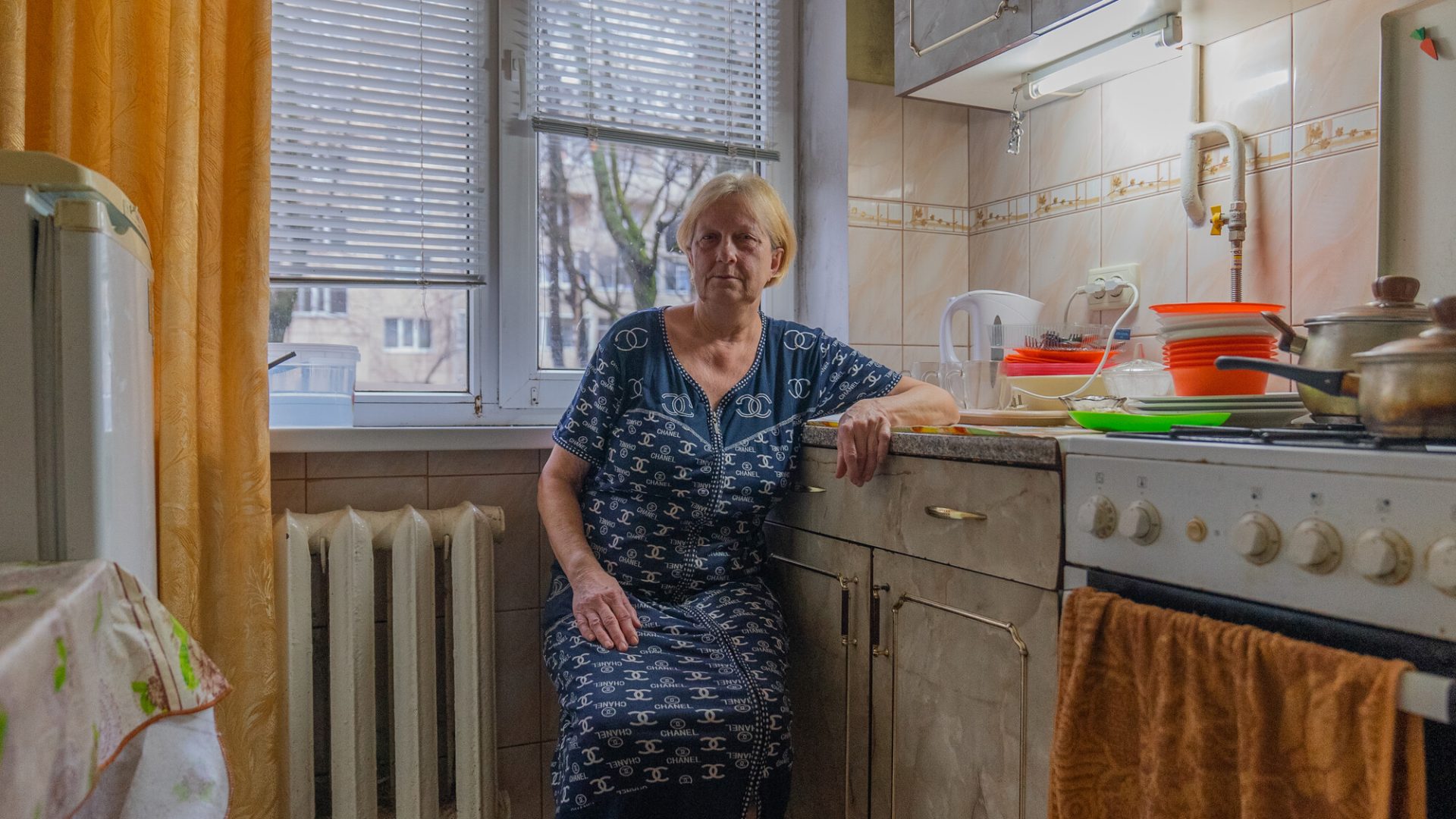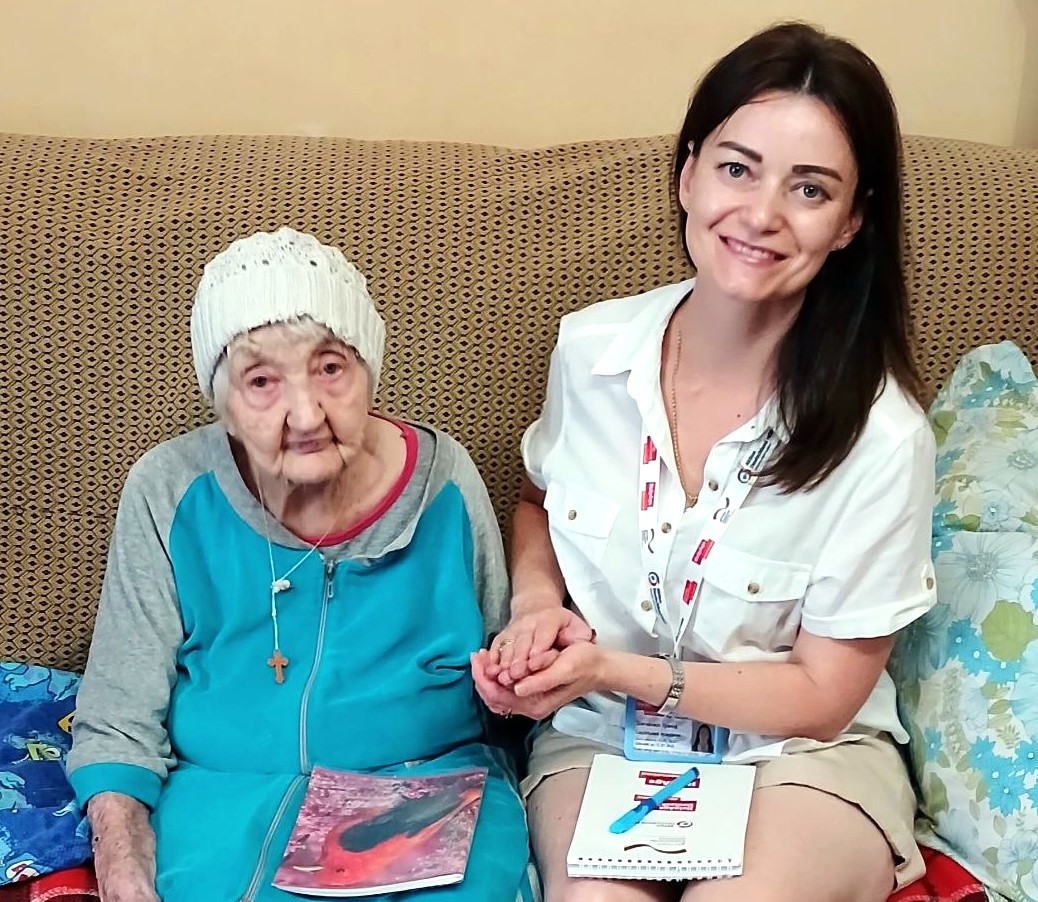A broken promise
World Humanitarian Day was established after the 2003 bombing of the UN headquarters in Baghdad, where 22 people were killed while serving others. Each year, this day is a chance to remember and honour them, and to demand better for today’s humanitarians.
Yet every year, the same promise is broken. We say we will protect those who protect humanity. But when international humanitarian law is violated – when hospitals are bombed, convoys attacked, aid workers killed – too often there is no accountability. No real consequences.
When we normalise the killing of people who provide life-saving assistance, we undermine the protection of civilians everywhere, and risk losing a vital part of our own humanity.
What is HelpAge doing?
At HelpAge International, we know that protecting humanity means ensuring no one is left behind – especially older people, who are often overlooked in emergency responses.
In crises, older people are frequently excluded due to a lack of consultation and collection of appropriate data. Outdated assumptions persist about their needs and capacities, while humanitarian aid rarely considers their unique challenges – whether it’s barriers to mobility, chronic health conditions or nutritional needs.
Emergency resources and recovery programmes are typically designed without older people in mind, leaving them further marginalised during crises.
That is why HelpAge’s staff and partners around the world work tirelessly to make humanitarian support more inclusive of older people. Our work includes:
- Collaborating with governments and international organisations to ensure older people are consulted and their rights and needs are addressed.
- Collecting evidence on how crises affect older people and the barriers they face in accessing aid.
- Developing practical strategies that show how to protect older people’s rights during emergencies.
- Providing technical advice and support to humanitarian agencies so that older people are meaningfully included in their programmes.
Everyone has the right to assistance and protection – at every age.
The world must not look away
We’re calling on governments, donors and all those with influence to:
- Protect humanitarian workers and civilians caught in conflict.
- Uphold international humanitarian law, without exception.
- Provide sustainable funding for inclusive humanitarian assistance.
These are not lofty ideals. They are the basic conditions that allow life-saving work to continue in the world’s most dangerous places.
Why it matters
Behind the headlines are real people: the aid worker navigating armed checkpoints to deliver medicine, the surgeon operating by torchlight in a war zone, the communities they serve who rely on this support to survive.
These individuals continue to work despite the risks, and it is the duty of states and the international community to ensure they can do so safely. If we cannot stand up for those who stand up for others, what does that say about us?


